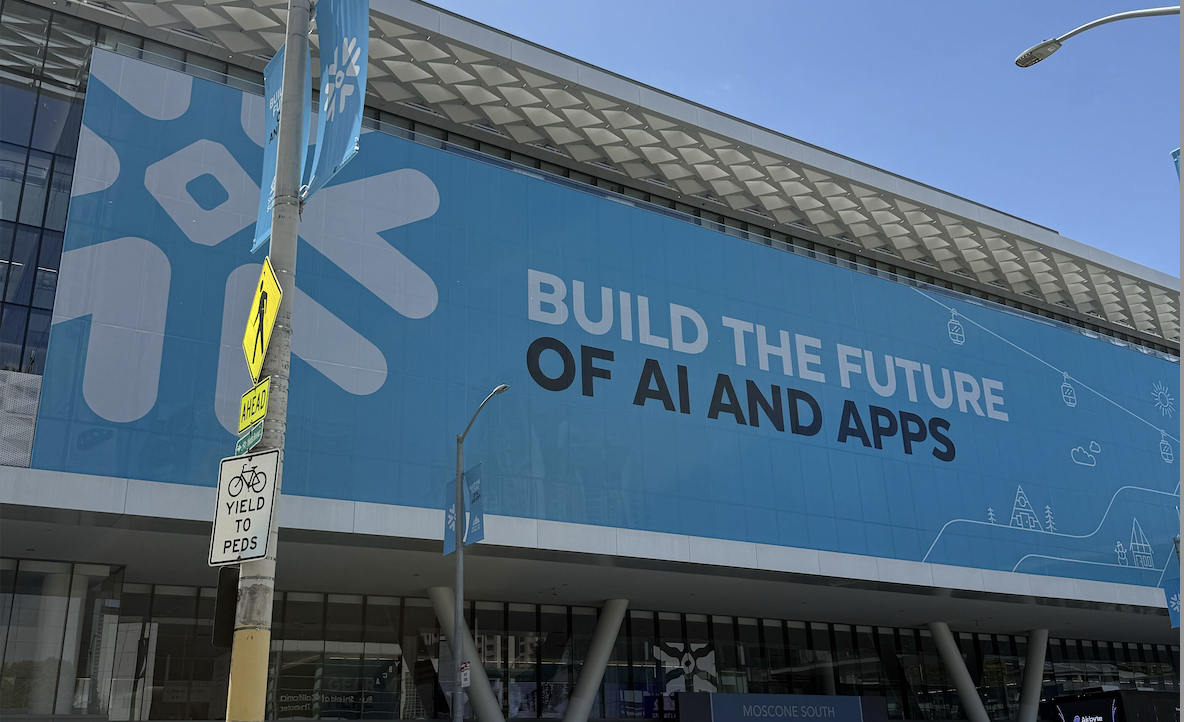A Data Intelligence Platform: What Is It?

As data continues to be a crucial asset for modern businesses, having a sophisticated approach to managing that data is no longer optional—it’s essential. This is where a Data Intelligence Platform comes in. It is a system designed to connect, process, and extract actionable insights from enterprise data using AI-driven learning. Databricks is at the forefront of this movement, integrating both traditional and generative AI to create a comprehensive solution that meets the complex needs of today’s data-driven organizations.
A Data Intelligence Platform is much more than just a storage or analytics solution—it’s a complete suite of AI-enabled tools that can learn from an organization’s data, providing refined insights and recommendations to support decision-making across the entire business. By unifying data sources and applying AI and machine learning (ML) models, these platforms make data more accessible, helping organizations leverage it as a competitive advantage.
With its data-centric architecture, a Data Intelligence Platform empowers users to:
- Apply AI-driven analysis directly to enterprise data.
- Develop and deploy custom AI applications, making data insights accessible across the organization.
- Continuously enhance and expand the scope of data use cases.
Databricks’ Holistic Approach to AI
Databricks combines generative AI, traditional machine learning, and advanced data engineering to power a Data Intelligence Platform that benefits every part of the data lifecycle. From ingestion to cataloging, governance, and advanced analytics, Databricks integrates the entire data ecosystem, transforming it into an evolving “brain” for organizational data.
Key Advantages of Databricks’ Holistic Approach:
- DatabricksIQ: DatabricksIQ (The engine underpinning the AI Platform features) incorporates extensive context about your data and how you use the Databricks platform, enabling it to develop a deep understanding of your company’s data, lineage, and usage patterns. This context allows Databricks IQ to improve your experience in multiple ways: through the Databricks Assistant, by helping optimize performance and storage, and by providing tailored recommendations. It acts as a powerful tool that self-optimizes, continuously enhancing both the efficiency and effectiveness of your data operations.
- Centralized Intelligence: By providing a unified view of enterprise data, Databricks helps organizations generate consistent, high-quality insights that benefit various departments and roles.
Platform Features That Save Time and Reduce TCO
One of the main advantages of using Databricks is its ability to reduce Total Cost of Ownership (TCO) through optimized data handling and automated workflows. Key features like automated ETL, advanced query optimization, and AI-powered insights minimize redundant data processing and inefficiencies, making data management both cost-effective and timely.
For example:
- Automated ETL Processes: Databricks automates data transformation, making ETL operations more efficient and less resource-intensive.
- Optimized Query Engines: By using Delta Lake and its optimized storage format, Databricks enhances query performance, reducing processing times and costs. Specific techniques such as data skipping, Z-Ordering, and caching are used to improve query efficiency, allowing faster data retrieval and processing.
With Databricks IQ and Delta Lake, organizations can significantly reduce operational overhead by consolidating data processes.

Core Components of Databricks’ Data Intelligence Platform
Databricks’ platform stands out because of its robust suite of components, each designed to address a specific area of the data lifecycle. These features make it easier for teams to turn raw data into valuable insights quickly and efficiently:
- Data Management with Delta Lake: Delta Lake’s Medallion Architecture allows organizations to structure and organize data into layers (bronze, silver, and gold) for better performance and accuracy. Schema enforcement and ACID transactions add a level of reliability ideal for critical workloads.
- AI-Powered Data Cataloging: Databricks’ AI-powered catalog organizes data assets automatically, making them easy to search and discover. Screenshots of this data catalog interface could show how users can quickly access key data resources across departments.
- Data Engineering and ETL with Delta Live Tables: Databricks simplifies ETL by orchestrating transformations using Delta Live Tables. This feature streamlines workflow management, automatically adapting to schema changes and ensuring high-quality data throughout the process. For example, Delta Live Tables is particularly beneficial for managing incremental data loads in a real-time analytics scenario, where data freshness and schema adaptability are critical. It helps ensure that data engineers can handle streaming data efficiently without manual intervention, making it ideal for use cases like real-time sales data processing or customer activity tracking.
- Machine Learning & AI Models: Databricks offers prebuilt models and integrates with MLflow for streamlined model management. Support for both batch and streaming data allows data scientists to develop, test, and deploy models that meet their specific needs.
- Databricks SQL and Photon Engines: Databricks SQL and the Photon engine work together to provide high-performance, real-time insights for analysts. Databricks SQL allows users to easily run queries and create dashboards, while the Photon engine enhances performance by utilizing vectorized execution and other optimizations. This integration helps analysts make faster, data-driven decisions and optimizes query workloads to reduce costs and improve efficiency.
Examples of Benefits for Data Practitioners
Each type of data practitioner benefits from Databricks’ Data Intelligence Platform in unique ways:
- Data Governance Teams: Automated data lineage, AI-generated metadata, and data quality checks ensure compliance with less manual effort.
- Data Engineers: Delta Lake and Delta Live Tables help data engineers optimize ETL pipelines for faster, more reliable processing.
- ML & AI Engineers: Integration with MLflow supports efficient tracking, versioning, and deployment, simplifying the ML lifecycle and reducing time to market.
- Business Analysts: Writing complex queries to answer business questions with the help of the Databricks Assistant is saving analysts hours of back and forth with engineers and data analysts and enable a new level of self-service that was much harder to achieve before.
Conclusion
Databricks’ Data Intelligence Platform represents the next generation of data platforms, integrating AI and ML across every layer of the data lifecycle to provide organizations with unmatched capabilities to manage, process, and derive insights from data. This holistic approach reduces costs, saves time, and democratizes data insights across roles, making Databricks a leading choice for data-driven teams.
By implementing Databricks, your organization can not only meet today’s data demands but also build a strong foundation for future data innovations. If you’re ready to see how Databricks can elevate your data strategy, reach out to our team. Blue Orange specializes in helping organizations like yours maximize the power of Databricks, from initial setup to full optimization.


